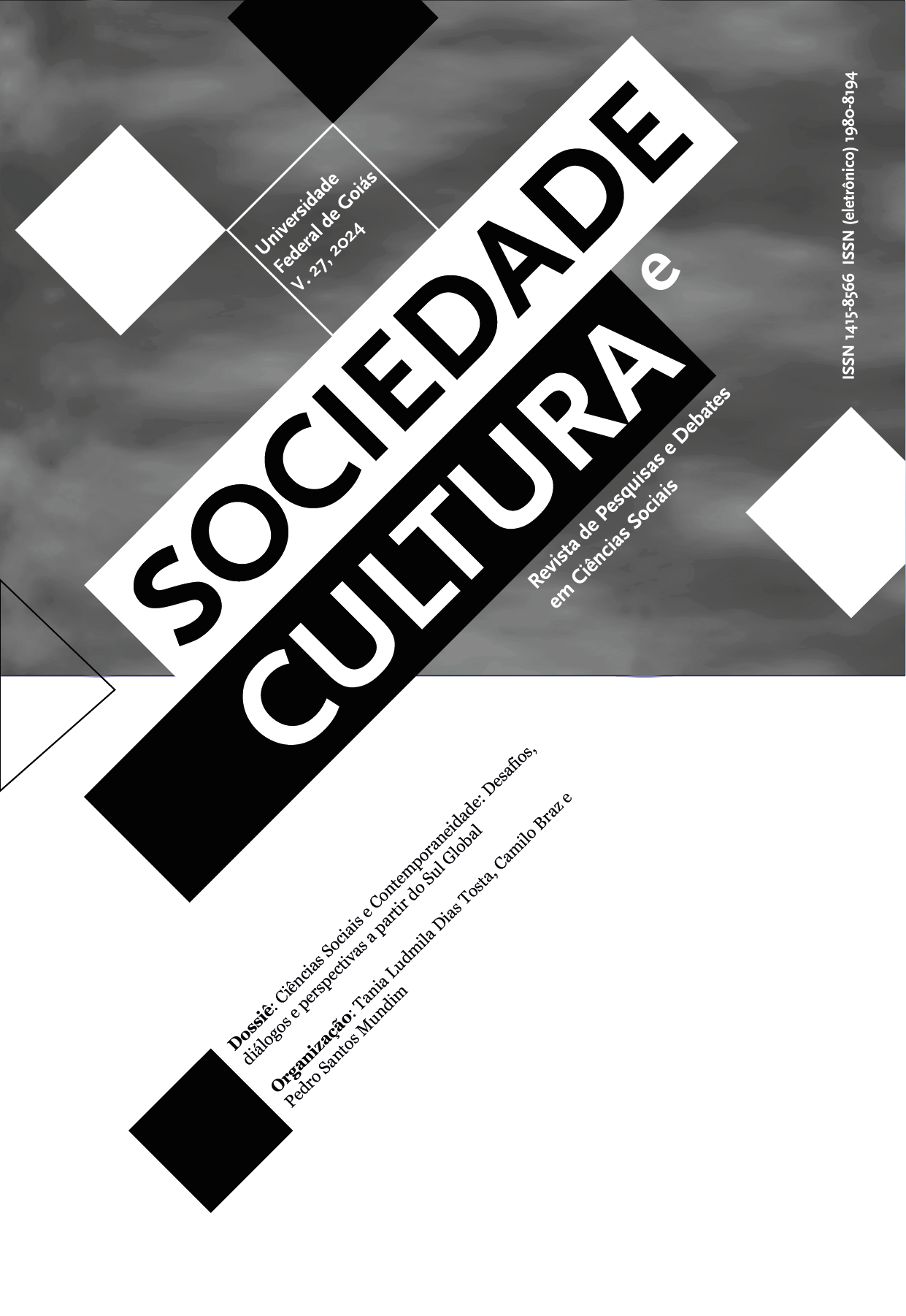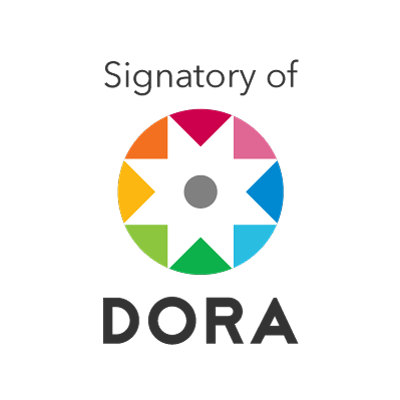Afinidades Eletivas: as perspectivas de Löwy e o movimento espiritista palmense
DOI:
https://doi.org/10.5216/sec.v27.77397Resumo
Descrevemos o conceito de afinidades eletivas, discutido por Michael Löwy, a partir das obras weberianas, e o movimento espiritista em Palmas (Tocantins, Brasil), expostas nos nexos de causalidades entre as diversas esferas sociais. A vinculação religiosa de atração recíproca com outros fenômenos sociais e a escolha por determinadas religiosidades são estabelecidas pelas visões de mundo implícitas na subjetividade dos indivíduos. A institucionalização do Espiritismo no Brasil, sua transformação de filosofia em religião e as condições sociais privilegiadas dos seus profitentes revelam a existência de relações afins em esferas sociais aparentemente divergentes, mas conectadas por nexos voluntários. A partir das condicionantes das relações do movimento espiritista palmense, assentadas em construções ético-filosóficas hierocráticas e doutrinariamente hegemônica, interpretámos as conexões entre os fenômenos religioso, econômico, político e de interesse estatal nessas diferentes esferas sociais.
Downloads
Downloads
Publicado
Como Citar
Edição
Seção
Licença
Copyright (c) 2024 Sociedade e Cultura

Este trabalho está licenciado sob uma licença Creative Commons Attribution 4.0 International License.
Autores/as que publicam nesta revista concordam com os seguintes termos:
- Autores/as mantêm os direitos autorais e concedem à revista o direito de primeira publicação, sendo o trabalho simultaneamente licenciado sob a Creative Commons Attribution License, o que permite o compartilhamento do trabalho com reconhecimento de autoria e da publicação inicial nesta revista.
- Autores/as têm autorização para assumir contratos adicionais separadamente, para distribuição não exclusiva da versão do trabalho publicada nesta revista (ex.: publicar em repositório institucional ou como capítulo de livro), com reconhecimento de autoria e da publicação inicial nesta revista.
- Autores/as têm permissão e são estimulados/as a publicar e a distribuir seu trabalho online (ex.: em repositórios institucionais ou na sua página pessoal) a qualquer ponto antes ou durante o processo editorial, já que isso pode gerar alterações produtivas, bem como aumentar o impacto e a citação do trabalho publicado (veja O Efeito do Acesso Livre).


 Esta revista está licenciada sob a licença
Esta revista está licenciada sob a licença 
